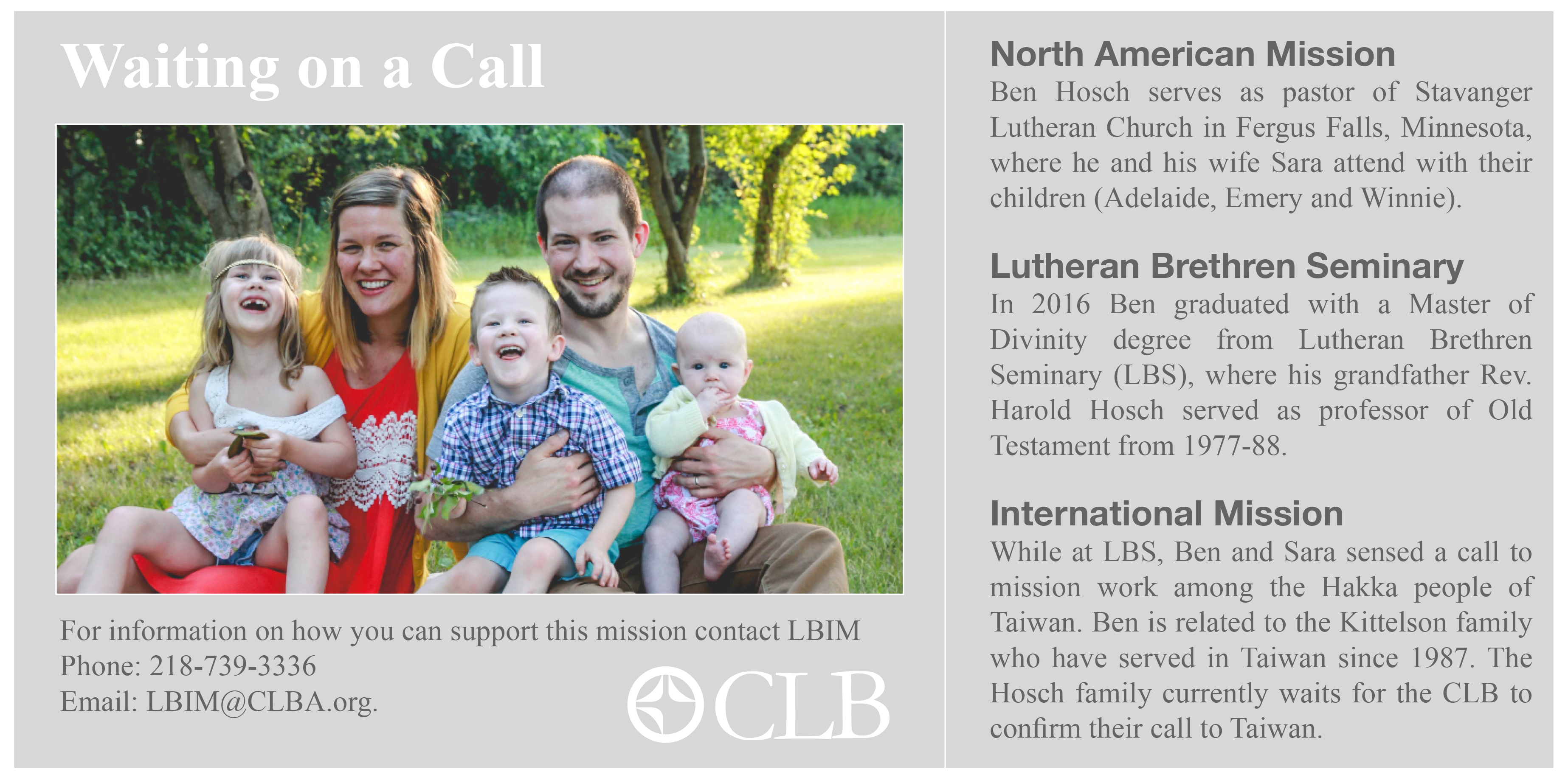
The phrase public theology is one I have seen quite often lately. Now, to those of us who live in the Western world, such a phrase seems like an oxymoron. We’ve been told that religion and spirituality are private things, that there is a split between the sacred and secular and never shall the two meet. What, then, does it mean to have a public theology? It is having a confession to make, living in light of Martin Luther’s statement: “Here I stand.” As Lutherans, public theology should not be a foreign concept to us. Confessions are part and parcel to our heritage. And one of our confessions embodies the nature of public theology more than the others.
On January 21, 1530, Holy Roman Emperor Charles V issued an edict that a diet—a formal general assembly of the princes or estates of the Empire—be held April 8 in the city of Augsburg to address the commotion caused by the Lutheran Reformers. As German states continued to catch the Reformation fever, Charles needed to deal with the issue once and for all. As the Ottoman Empire continued to charge its way into Europe, Charles needed a unified Germany to keep the Turks at bay. The call for the Diet of Augsburg was sent out as a congenial call to Christian unity for the sake of the unity of Europe itself.
This proclamation reached Elector John of Saxony on March 11. He immediately enlisted the Wittenberg faculty to explain from Scripture the rationale for the Reformation. Documents quickly came together to create an apologetic defense of the Lutheran reforms in liturgy and practice. Yet, while at first the diet looked like a golden opportunity, in the end it became more of a witch hunt.
By the time the Wittenberg team arrived in Augsburg, notorious Roman Catholic theologian John Eck had created a document of 404 propositions charging Lutherans with virtually every heresy under the sun. Charles V was over a month late to the diet; and miscommunications and misunderstandings made his attitude much less congenial than before. The original apologetic documents were no longer effective. A new strategy was needed whereby the Lutherans could confess their orthodoxy while defending their reform.
The tension mounted as the Reformers hastily compiled what was to become the Augsburg Confession. Copies of the document were sent back and forth for comment and editing to Martin Luther, who for safety reasons could not attend the diet. Luther lived in constant anxiety during this time. Finally, the diet was held on June 15. After intense negotiations over which German estates would be represented at the diet, noted orator Christian Beyer was chosen to read the Confession. The reading took two hours, and Charles V was said to have fallen asleep during the recitation. Yet the Reformers and German princes had the opportunity they had been desperately waiting for. They were able to confess their faith to representatives of the Roman Catholic Church, to the praise of some and the chagrin of others. They were able to stand before the Holy Roman Emperor and give a public theology: “This is what we believe. Here we stand.”
A public theology is not confessed without consequences. Our Lutheran forebears did not receive the acceptance they were hoping for. For our Christian brothers and sisters today in places like China and Iran the consequences are more severe. A public theology could be a death sentence; confession could cost one their very life. Confession requires that we acknowledge we are citizens of two kingdoms, but maybe one more than the other. The authorities of the one may not accept the tenets of the other. The temporal kingdom in which we dwell as aliens and strangers (1 Peter 2:11) may not accept the terms of our true citizenship in a kingdom that is not of this world (John 18:36).
Yet confession is not anti-authoritarian; Christians are not anti-establishment. We are called to pray for our earthly leaders, to respect their authority, to obey the law of the land, to pay our taxes, to be good citizens (Romans 13; 1 Timothy 2:1-7; 1 Peter 2:13-17). And it is right and good for us to hold public office at all levels, to be officers of the law, to be soldiers in the military, because these vocations are instituted by God and are for the benefit and welfare of his human creations. Article XVI of our very own Augsburg Confession is a public theology that tells us the governing authorities are God’s gracious gift to us and that there are consequences to disobedience.
However, there is sometimes a need to disobey. In Acts 4, Peter and John were told to keep their confession to themselves. They could not obey, but they accepted the consequences for disobedience. Christians may not be anti-establishment; but the establishment has a long history of being anti-Christian. Our confession may be illegal; our public theology may be disobedience. Many governments of the world are hostile to Christians, and our own continues to pressure us in one way or another. We live in a world that is post-Roe v. Wade, post-Obergefell, and doesn’t want to hear differently. And yes, we even live in a world where some Christians are embracing things Scripture does not, all the while asserting that Scripture does. Our public theology is becoming the unpopular opinion, even among those who claim to share our faith.
Now more than ever we may need to embody the spirit of our Reformation forebears. Confession is an uneasy paradox because in our public theology we stand both with and against the authorities. Let us learn from our Confessions. We stand upon the Word alone, but our Lutheran Confessions hold us steady. The writers of the Augsburg Confession held their ground and confessed, “Here we stand.” This is our Lutheran heritage. Half a millennium later, our public theology should still be the same.
Ben Hosch serves as pastor of Stavanger Lutheran Church in Fergus Falls, Minnesota.


